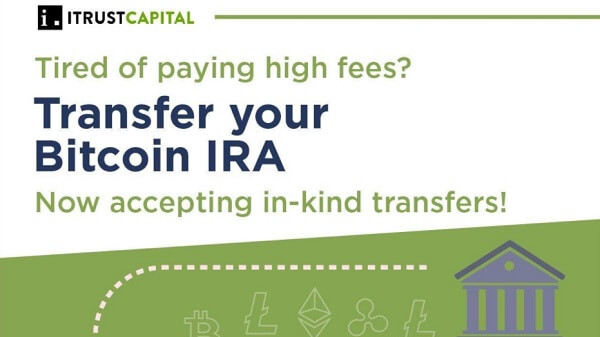
Last week’s tumultuous 30% crypto market dip and subsequent quick recovery left many wondering what comes next. Crypto circles aside, the conversation around the importance of building solid, broadly usable applications is louder than ever. Crypto will cease to be perceived as a casino on the edges of the internet when participation outweighs speculation.
An interesting dynamic we are seeing is that the conversations around the future of Web 3.0 are still happening on centralized Web 2.0 platforms. The need for crypto-native principles and flows within the social application landscape is clear. Adding privacy and security to the communication and community interaction layer will ensure the switch from centralized power to empowering individuals and communities finally gets underway.
Related: DeFi snowball will turn into a Web 3.0 avalanche
I see crypto-based social applications as a cornerstone of crypto evolution. Current chat and community spaces like Telegram and Discord can be a good start, but they are still closed-source, centralized and far from censorship-resistant. Crypto-powered social applications are the path forward if we truly want to lay the groundwork for secure, open-source, peer-to-peer communication flows and value exchanges. As we exit a socially starved yet digitally dense pandemic, a whole new era of social applications built on and around crypto beckons.
The desire to connect and expand community life online is plain to see. Combining crypto-native activities like diving into decentralized finance (DeFi) or creating, curating and collecting nonfungible tokens (NFTs) will evolve into a much richer and valuable form of online community life, benefitting all participants.
Related: The role of decentralized networks in a data-abundant, hyperconnected world
In particular, crypto communities have grown and evolved in various new and exciting ways, with Twitter serving as a dominant space for discourse, followed by Reddit and, more recently, Clubhouse. Discord and Telegram have mainly served as community management tools and outlets for project-specific conversations.
The common denominator? None of these platforms really abide by the crypto principles of decentralization, privacy and user rights. A redesign of social media and community spaces in line with core crypto principles seems inevitable, not just for a safer medium of expression but also for an elevated economic ecosystem focused on thriving.
The opportunities that crypto unlocks are incredibly diverse. We have seen it with DeFi and continue to see it with NFTs, as well as with both combined. The next natural iteration will create community spaces on crypto infrastructure where user rights and user opportunities are immediately accessible to all participants.
Related: How NFTs, DeFi and Web 3.0 are intertwined
By removing intermediaries from the value exchange process — whether that’s communication-wise, transactional or purely social — a new dynamic of human interaction online can take root in opposition to the current roles people play as Web 2.0 products.
Moreover, the culmination of these new technologies will be supported by social applications where users fully control their data, their money and even the platforms themselves. With user-owned social applications guiding the conversation on topics like DeFi governance and the socio-economic value of NFTs, crypto users will finally and fully be in the driver’s seat. Say goodbye to lock-in and lockdown. Crypto-powered social apps are the way forward.
This article does not contain investment advice or recommendations. Every investment and trading move involves risk, and readers should conduct their own research when making a decision.
The views, thoughts and opinions expressed here are the author’s alone and do not necessarily reflect or represent the views and opinions of Cointelegraph.
Simona Pop is the head of community at Status, a secure messaging app, crypto wallet and Web 3.0 browser. She previously co-founded the Bounties Network and is an active Ethereum ecosystem steward, working across community engagement initiatives, educational programs and real-world use of crypto. Her work is all about broadening access to decentralized applications and crypto dynamics for everyone, empowering individuals and communities through token economics.




 Bitcoin
Bitcoin  Ethereum
Ethereum  Tether
Tether  XRP
XRP  Solana
Solana  USDC
USDC  TRON
TRON  Dogecoin
Dogecoin  Lido Staked Ether
Lido Staked Ether
Be the first to comment